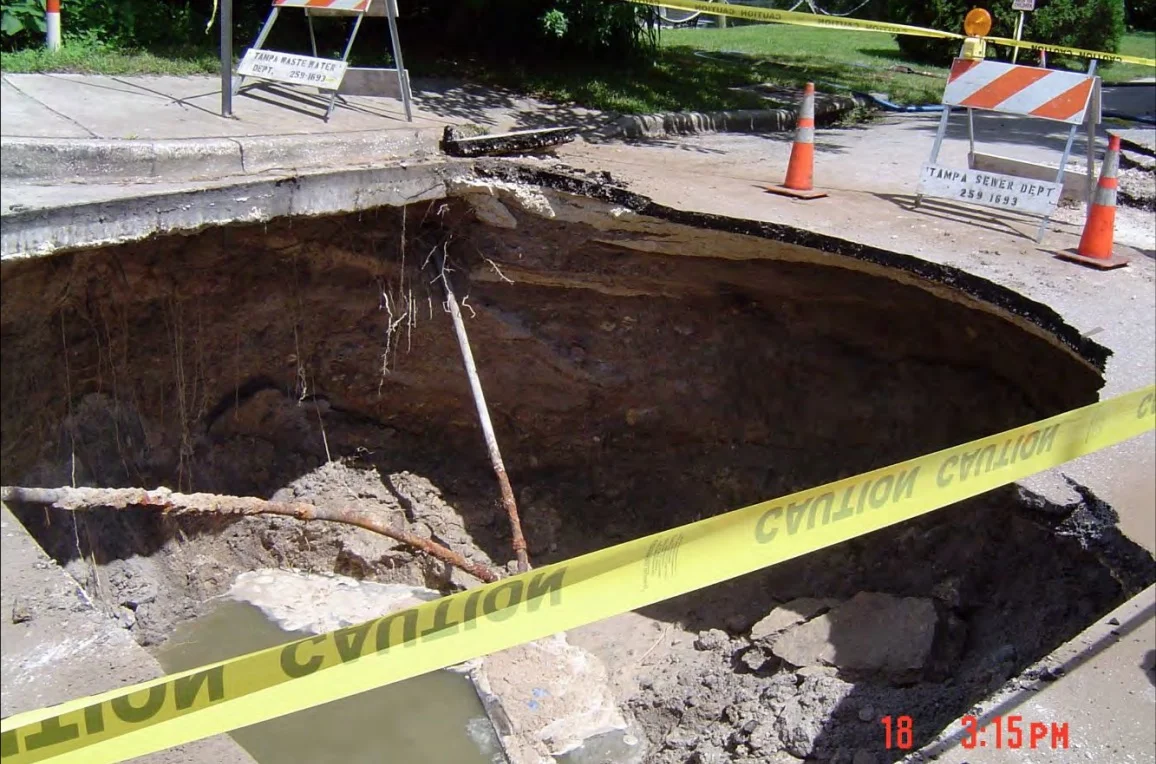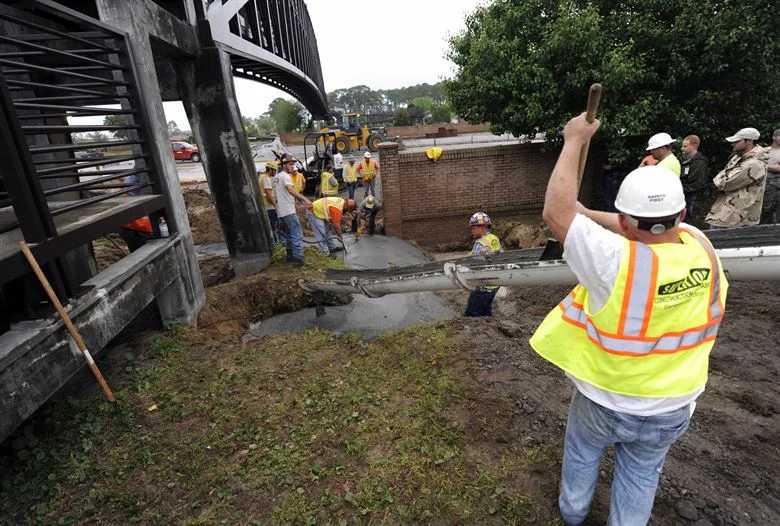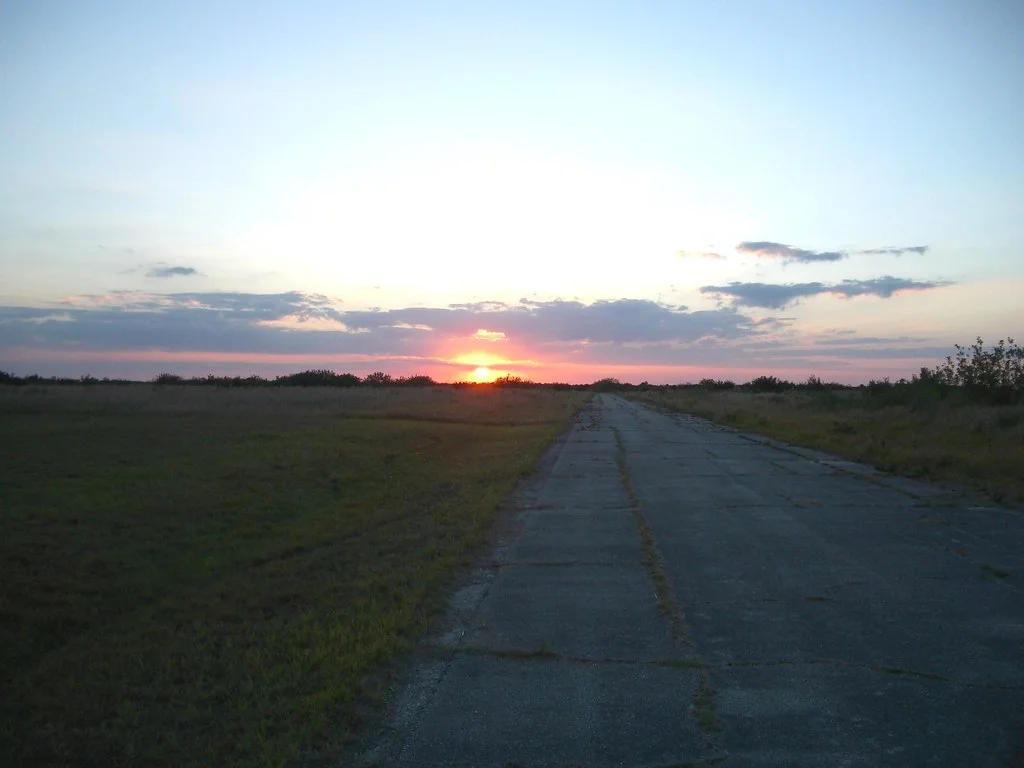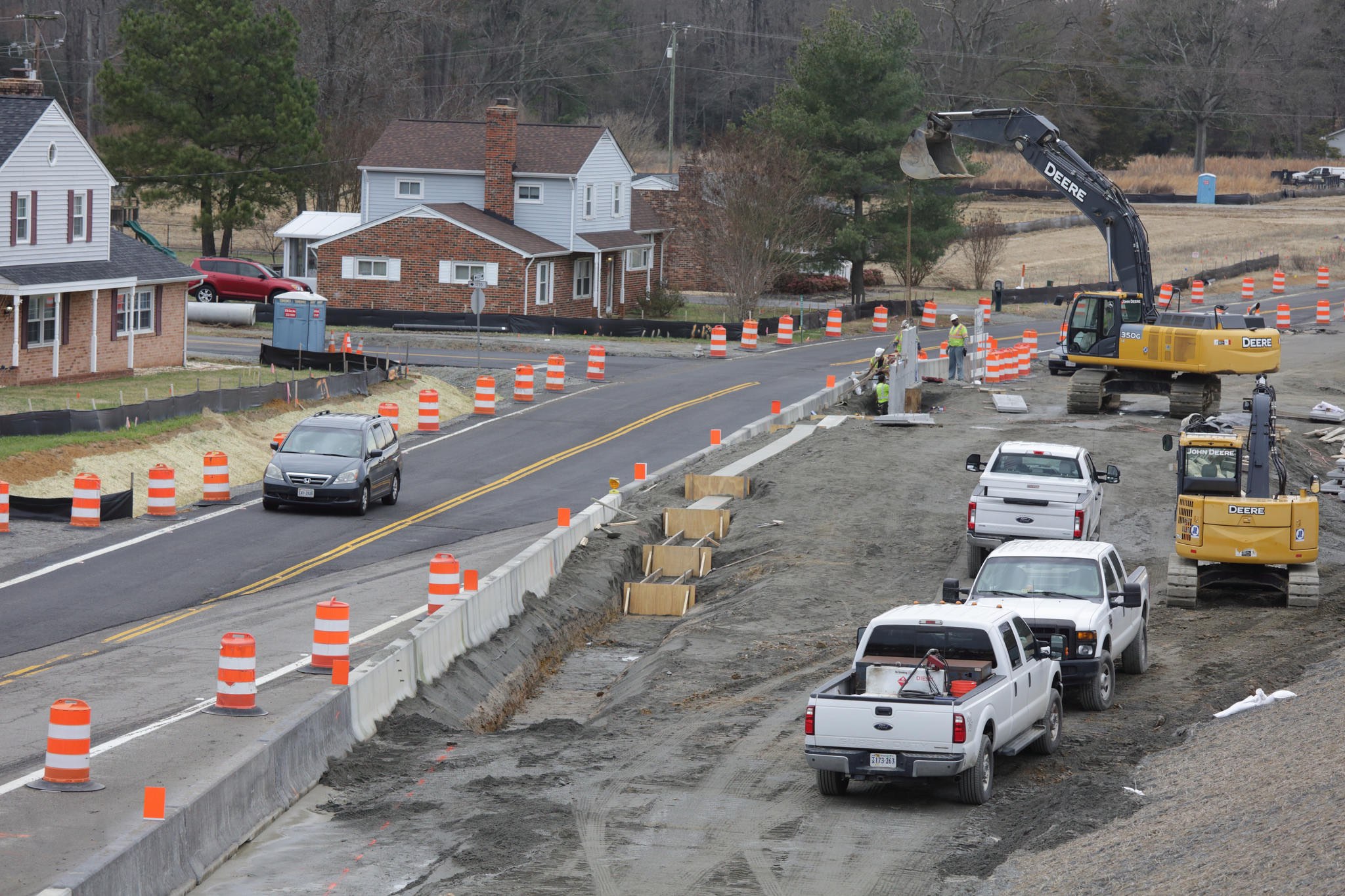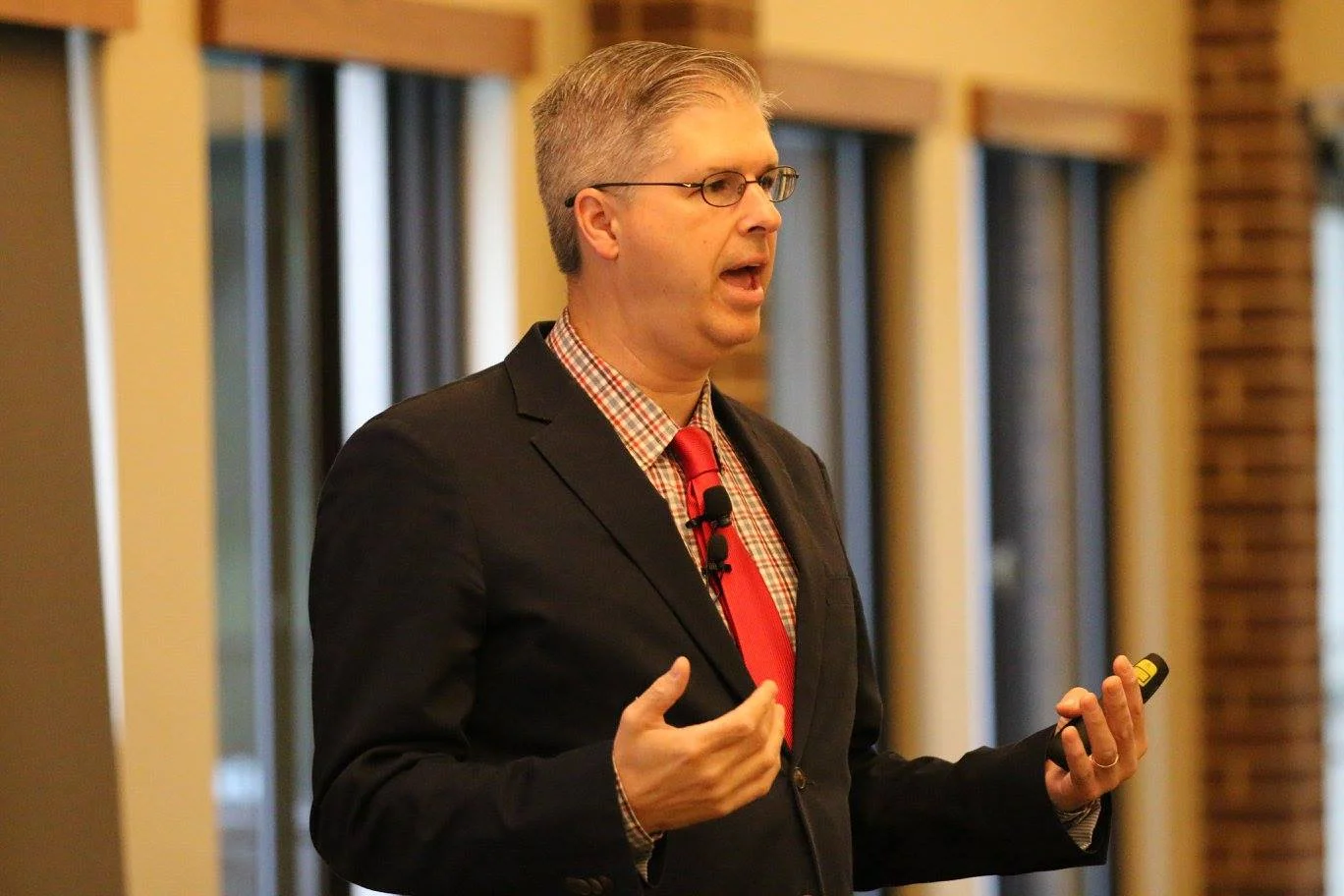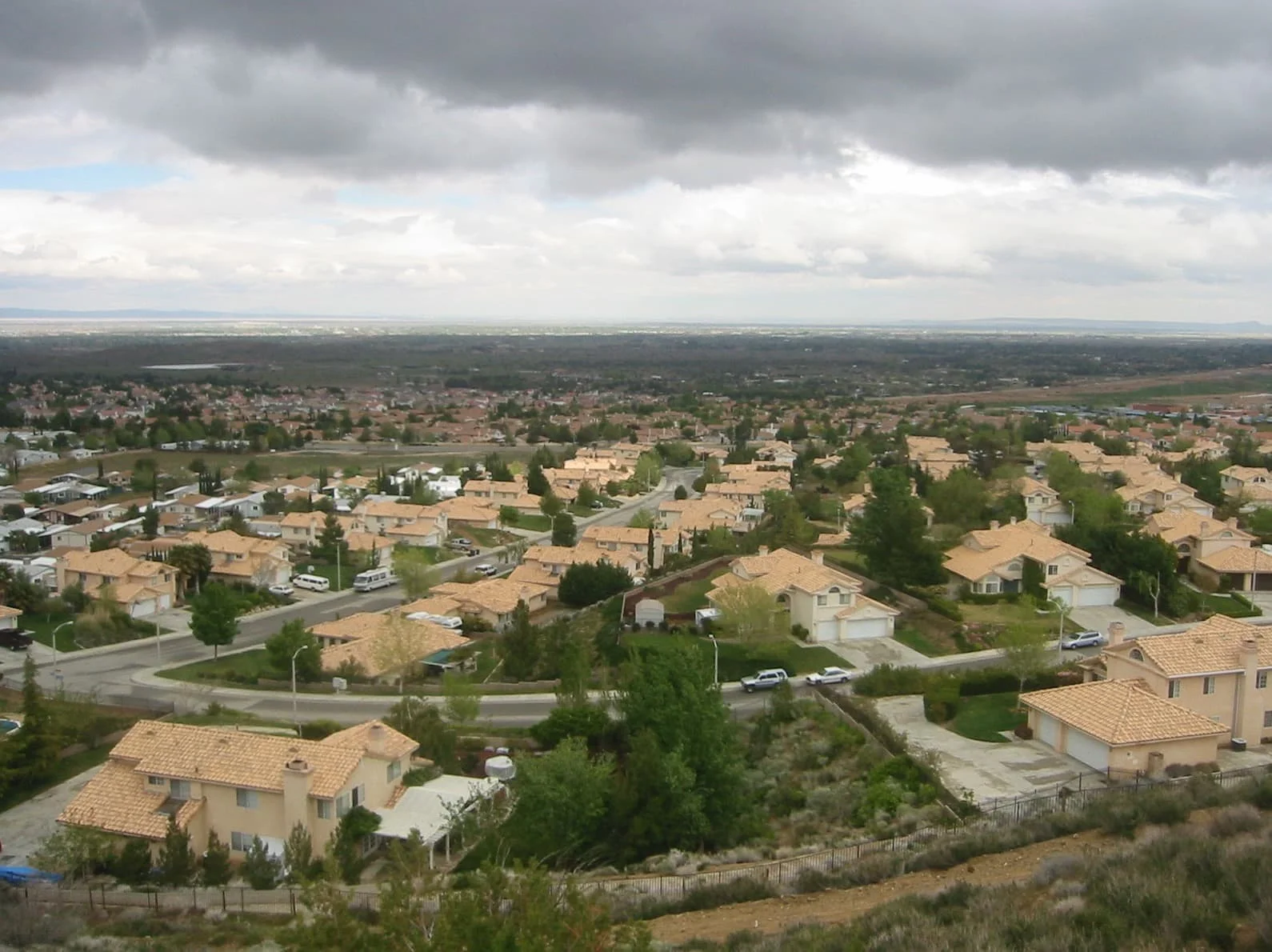We’ve been living for decades on the urban economic equivalent of anabolic steroids: it’s time for some good old-fashioned diet and exercise. The key is to reorient the way we approach growth. Instead of thinning out our cities and taking on more infrastructure liabilities, we need to wring real value out of the places we’ve already built.
Read MoreTampa has an epidemic of leaking and bursting pipes. But don’t worry, the city’s taking action! …by proposing an eightfold increase in the amount it spends on maintenance for the next 20 years, half funded by new debt. How did we get to this point?
Read MoreThe unproductive use of infrastructure has put most cities, even those that are superficially prosperous, in a position where they won’t be able to afford to maintain what they’ve built. The signs of this crisis are everywhere—if you’re willing to look.
Read MoreWhy does infrastructure cost so much to build in the U.S.? The fundamental reasons aren’t technical. We’ve structured our postwar economy to use overspending on infrastructure as a way to induce short-term growth.
Read MorePine Island, MN (population 3,000) has huge dreams, yet they can’t take care of their basic systems. Who pays the price?
Read MoreHow much road does your city have—and how much does it actually have the money to maintain? We compare “calories in” to “calories out” before we binge on ice cream; what if we took the same approach to our infrastructure budgets? One city did, and here’s what they found out.
Read MoreAmerica has an excessive infrastructure problem—and perhaps nowhere is that more clear than in places like the massive, center-less city of Palm Bay, Florida.
Read MoreThis Canadian city is set to get a new, $2 billion, state-of-the-art hospital. All well and good except for one thing: why do they want to build it in a rural area on the far outskirts of town?
Read MoreMore than ever of what we make is produced with little thought to its durability. But what happens when we apply this mindset to the very communities we live in?
Read MoreThe discipline of not acquiring more until we've wrung true value out of what we already possess can make our lives richer and fuller. And this is a lesson we need to apply to our cities as well.
Read MoreRegional fragmentation allows cities to pursue quick growth and shift the long-term costs onto their neighbors. Can a proposal to merge St. Louis with its suburbs make the region stronger by fixing these incentives?
Read MoreThere are many ways for state and local governments to run hidden deficits, one of which is deferred maintenance. But it turns out there is a way to measure the extent to which local governments kick the maintenance can down the road.
Read MoreCounty leadership continually brags about its low tax rate and high amount of services. But if you doubt the fundamental math behind that equation, there’s no need to look behind the curtain because the ratings agencies have given Cobb top marks.
Read MoreWhy do places like Cobb County, Georgia keep spending more and more, while their municipal budgets go further and further into the red? This week at Strong Towns, we’re going to dig into the tale of Cobb County: a poster child for the Ponzi-scheme approach to growth.
Read MoreThe crazy distortions we see in housing and real estate won't be solved by centralized interventions, be they corporate or government. Only at the local level do we have the nuance to start creating something that works.
Read MoreEdina, MN, is a very impressive suburb that is asking a lot of the right questions.
Read MoreSuburbia is a massive experiment, and millions of Americans are finding out that it doesn’t work.
Read MoreStrong Towns kicks off Big Box Week, looking at the promises cities make and the risks they take when a new big box store goes in.
Read MoreMost American cities experience a modest, short term illusion of wealth in exchange for enormous, long term liabilities.
Read MoreThis story is not unique: a mid-sized Minnesota town is preparing to adopt a 50-year-old neighborhood. As the neighborhood struggles to pay for long-term maintenance on its roads and pipes, it seems like neither annexation nor autonomy will really solve the problem.
Read More

